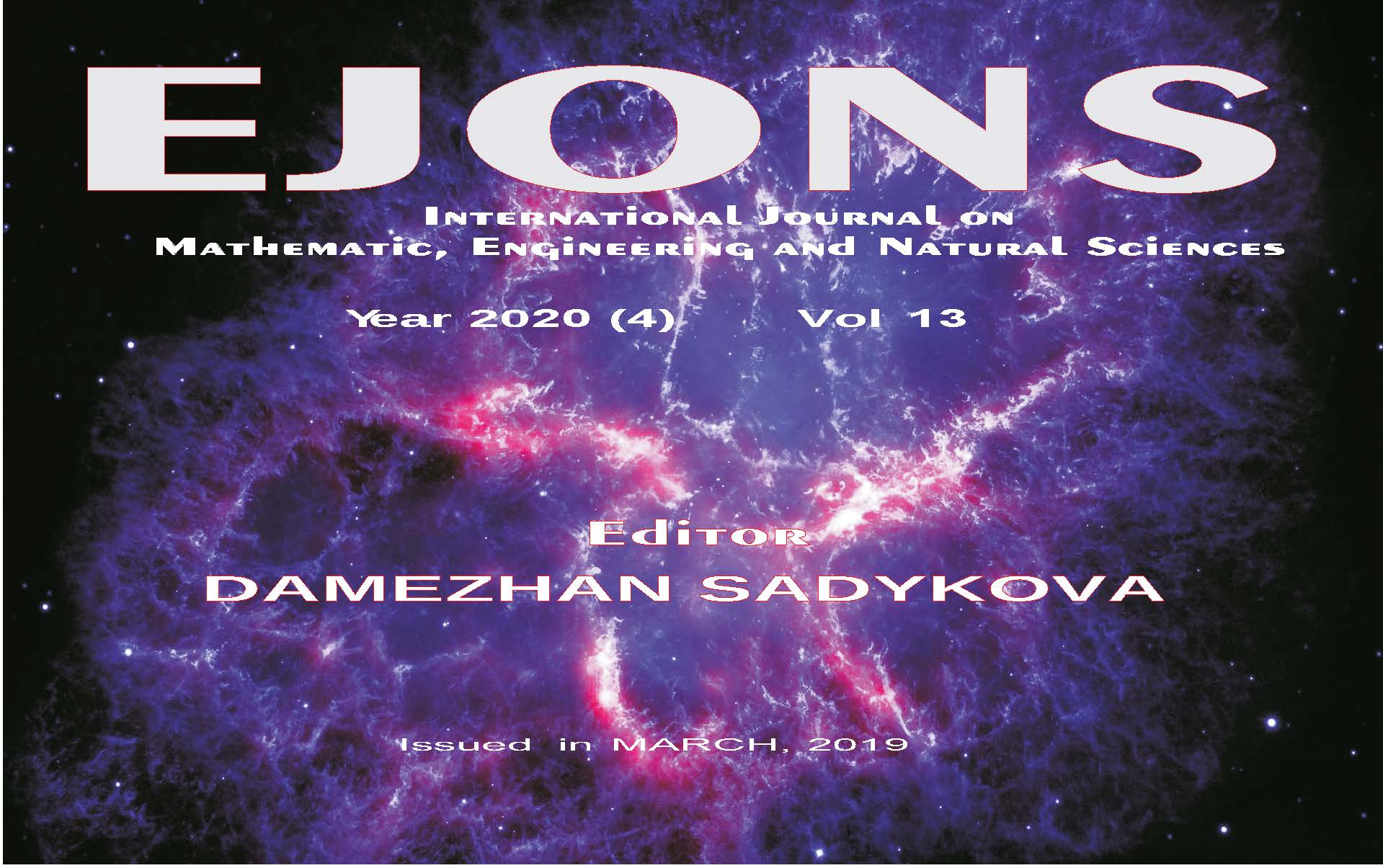HEATING AND COOLING LOAD ESTIMATION OF RESIDENTIAL BUILDINGS USING ADABOOST.R2 REGRESSION ALGOTITHM
Keywords:
Building energy, evaluation Heating load, Cooling load, Regression, AdaBoost.R2Abstract
The efficient use of energy obtained from limited sources is very important for both us and our future. The building sector comes first among the sectors that consume energy the most. The largest share in the building sector is residential buildings with 75%. For this reason, the construction of high energy-efficient residential buildings is important in our economy, which has a high energy import. Within the framework of the “2017-2023 National Energy Efficiency Action Plan” prepared by the Ministry of Energy and Natural Resources, 12 action plans were determined for the Building and Services sector. According to the Action Plan 2, “Increasing Ownership Rate of the Energy Identity Certificate of Existing Buildings” is targeted. During the design of new buildings, energy consumption can be estimated by using simulation programs, for example, EnergyPlus, EcoTech, etc. However, the energy consumption of the existing residences could be calculated using machine learning algorithms, without the need for expensive simulation software programs. In this study, a new approach using the ADABOOST.R2 algorithm has been proposed for the estimation of the heating and cooling loads that affect the energy consumption of the residential building. According to experimental results, the AdaBoost.R2 algorithm is an effective and stable algorithm that can be used for this purpose.
Downloads
Published
How to Cite
Issue
Section
License

This work is licensed under a Creative Commons Attribution-NonCommercial 4.0 International License.


